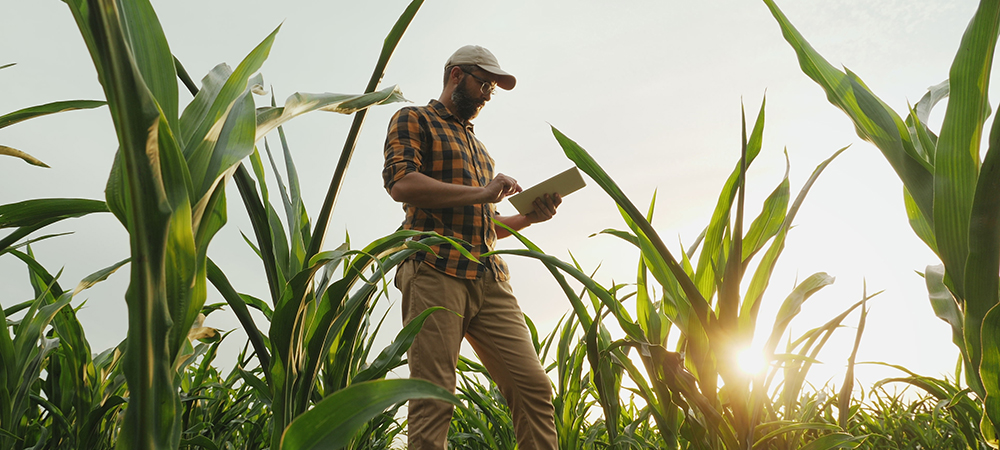Bárbara Fraga, Consultant and AI strategist, A3Data, says data security is a critical concern in agribusiness – given the value of data and the growing threat of cyberattacks

Brazilian agribusiness plays a key role in the country’s economy, representing about 24.1% of the Gross Domestic Product (GDP) in the third quarter of 2023, according to a survey by the Center for Advanced Studies in Applied Economics (Cepea) of the College of Agriculture (Esalq) of USP – in partnership with the Confederation of Agriculture and Livestock of Brazil (CNA).
To maintain its position as one of the world’s largest food exporters, the sector is investing significantly in technology and modernization of agricultural production, generating high amounts of data.
With the effective management of this information essential in optimizing production, there is a growing adoption of data governance.
According to the survey conducted by IBGC (Brazilian Institute of Corporate Governance) and KPMG, corporate governance in agribusiness is a given to ensure business continuity – the main aspects highlighted involve the succession plan and the formalization of roles in organizations.
Within this parameter, data governance plays a critical role in the sector, setting standards and procedures to ensure the rational use of the company’s assets.
This helps to remove emotional components from management and establish clear rules – promoting transparency and efficiency in the business.
In addition, one of the characteristics of agribusiness is the diversity of information on crops, weather conditions, soils and even financial data, which requires a flexible and adaptable data governance approach to deal with this scenario.
In this way, modern agriculture increasingly relies on real-time data collection and monitoring, through sensors, drones and various other IoT systems.
However, keeping these devices operational and ensuring the quality and security of the data collected pose significant challenges.
Disruption in real-time information collection, for example, can impact production efficiency and decision-making.
Another point where governance is essential is data security.
This is a critical concern in agribusiness, given the value of data and the growing threat of cyberattacks.
As such, the protection of sensitive information, such as crop data and business strategies, as well as the implementation of robust and up-to-date security practices, are critical to the sustainability of operations and to mitigate risks.
In this context, data governance in agribusiness is a fundamental step in the modernization and sustainability of the sector.
As a result, resistance to professionalization is diminishing as companies recognize the need to maintain global competitiveness, since these measures help ensure business continuity and allow for more efficient and sustainable management within a scenario that increasingly registers an increase in global demand for food.
Ultimately, the challenges in the industry require investment in technology, staff training, regulatory compliance and a strategic approach to data management.
As agribusiness evolves, data governance plays a key role in maximizing food production and managing resources efficiently, sustainably and profitably – thereby ensuring an essential role in the global economy and humanity’s food security.
Click below to share this article

